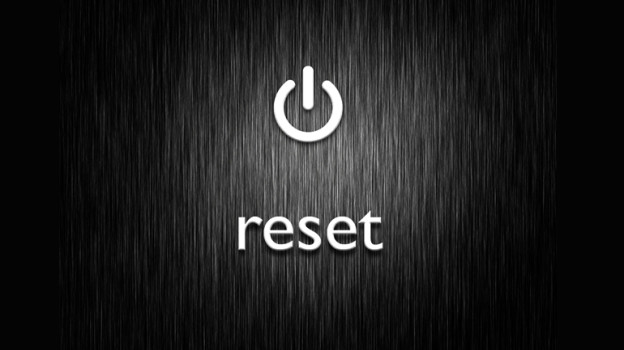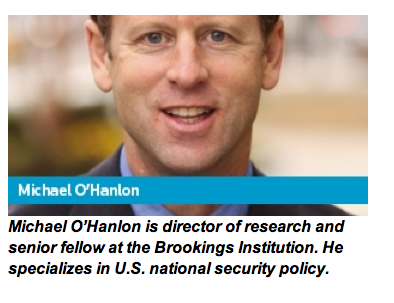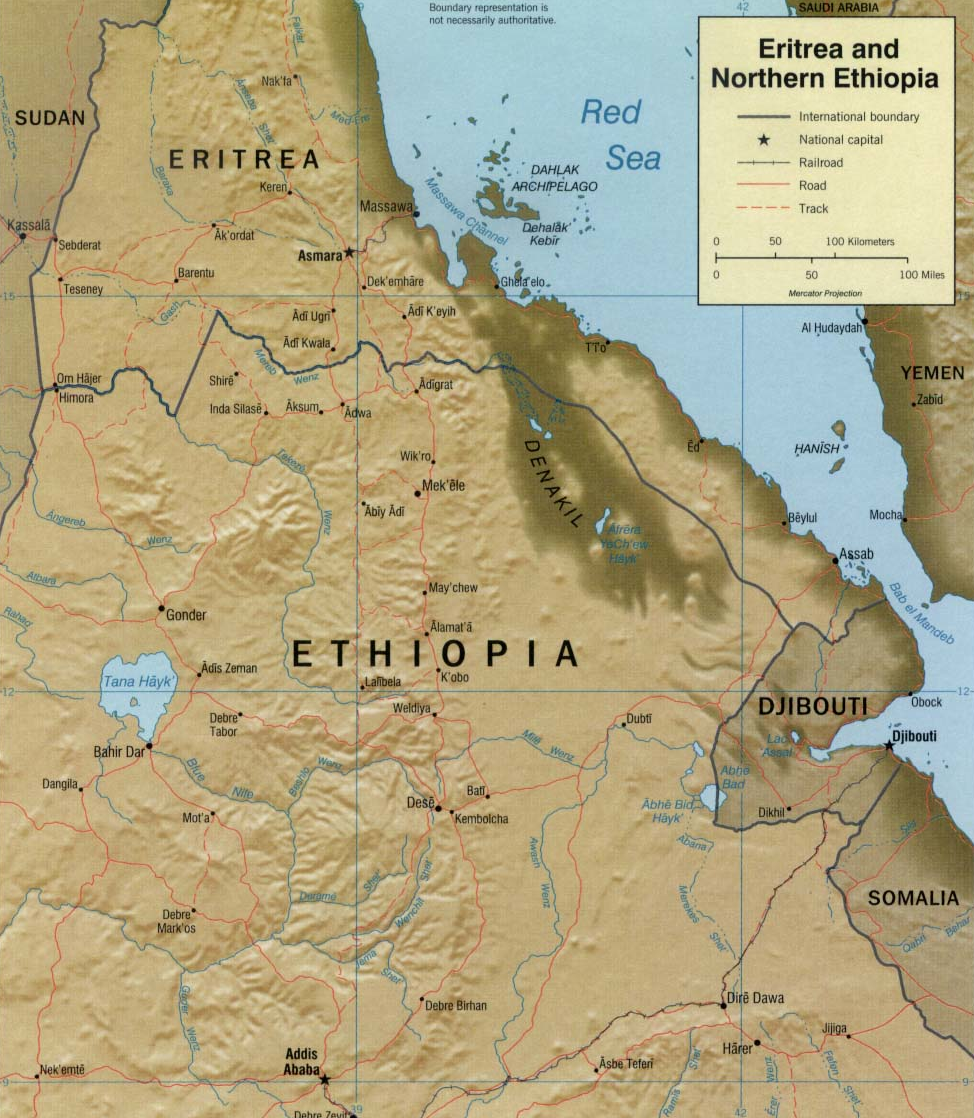Rice: Hitting ‘reset’ on Africa talks

Rice: Hitting ‘reset’ on Africa talks
 Michael O’Hanlon, in his Reuters Opinion piece, “In defense of Susan Rice” (Reuters, December 10, 2012), took issue with my New York Times op-ed article, “Susan Rice and Africa’s Despots” (December 9, 2012).
Michael O’Hanlon, in his Reuters Opinion piece, “In defense of Susan Rice” (Reuters, December 10, 2012), took issue with my New York Times op-ed article, “Susan Rice and Africa’s Despots” (December 9, 2012).
Mine were not ad hominem attacks. It is fair to hold a public official accountable for her career and for the roles she played and continues to play in attempting to resolve African conflicts. I was not questioning U.S. Ambassador to the United Nations Susan Rice’s desire for a more peaceful continent.
My point was to call attention to Rice’s relationships with Africa’s strongmen, most notably Meles Zenawi of Ethiopia and Paul Kagame of Rwanda, developed over the decades. I think these relationships have affected U.S. credibility in the region and limited its ability to serve as an unbiased arbiter in conflicts.
In response to my criticism, Michael E. O’Hanlon, the director of research and a senior fellow at the Brookings Institution, has challenged me to offer a constructive solution. Challenge accepted.
Many Eritreans have criticized Rice for a perceived bias against the country both in the months leading up to the 1998 border war with Ethiopia and more recently in the U.N. as the Security Council adopted sanctions against Eritrea in 2009 and 2011. Fair-minded Eritreans ‑ and I consider myself one ‑ believe Rice’s judgment was clouded by her close relationship with Ethiopia’s Meles, dating back a decade and a half.
For example, Rice announced in 1998 that a deal had been struck between Eritrea and Ethiopia to avoid war. Unfortunately, she seems not to have run the plan by Eritrea. The deal fell apart, war ensued and more than 70,000 people died. In subsequent years, Rice and others had only muted criticism for Ethiopia as it thumbed its nose at international law and refused to allow the U.N. to demarcate the border between the two nations. WikiLeaks documents revealed that in 2009 Rice collaborated with Ethiopian officials to impose sanctions on Eritrea.
These facts, limited and incomplete though they are, are cited by many Eritreans.
Now, it is true that Eritrea’s actions and influence on the Horn of Africa over the past two decades have been toxic. It has rarely been a good neighbor.
 Fortunately, Eritreans and Ethiopians may have a rare opportunity to hit the “reset button,” and Rice might be able to play a role. Ethiopia’s new prime minister, Hailemariam Desalegn, recently told Al Jazeera that he is open to holding talks with the president of Eritrea. I would call on Rice to use her unique position to advance these talks. She could see that the “final and binding” ruling of the Eritrea-Ethiopia Boundary Commission be the starting point and the framework for all border discussions.
Fortunately, Eritreans and Ethiopians may have a rare opportunity to hit the “reset button,” and Rice might be able to play a role. Ethiopia’s new prime minister, Hailemariam Desalegn, recently told Al Jazeera that he is open to holding talks with the president of Eritrea. I would call on Rice to use her unique position to advance these talks. She could see that the “final and binding” ruling of the Eritrea-Ethiopia Boundary Commission be the starting point and the framework for all border discussions.
Perhaps Rice’s credibility with the Ethiopian side could allow her to nudge the hardliners in that camp forward. Conversely, the promise of renewed cross-border trade, activity though Eritrea’s Red Sea ports and bilateral relations might be enough to extract significant concessions from the Eritrean side so both countries leave the talks feeling like victors.
With a firm push –– from someone of Rice’s stature –– this could finally be the year of peace in this troubled region.
This article was originally published on Reuters’ The Great Debate










